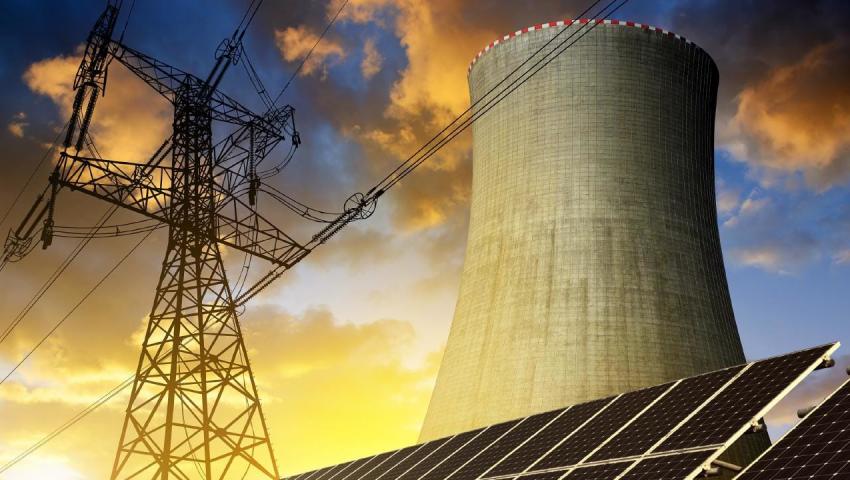EC criticizes Bulgaria for Energy and Climate Integrated Plan
Low targets, lack of data on the energy poor, support for fossil fuels cause some of the problems

Weak or insignificant are some of the goals that Bulgaria has set for itself in the Integrated National Plan "Energy and Climate". Another part of the goals, such as the increase of RES capacities, are adequate to the EU vision. There are also serious shortcomings in terms of the energy poor in our country, subsidies for fossil fuels and energy efficiency. It is noted that there is no assessment of how all these policies will affect the quality of the air in our country. These are part of the recommendations of the European Commission in the published working document "Assessment of the final National Energy and Climate Plan of Bulgaria". Good practices such as the overall approach to energy security, the diversification of energy sources and routes and the renovation of public buildings are also emphasized.
The final plan establishes a share of 27.09% of energy from renewable sources in gross final energy consumption for 2030 as Bulgaria's contribution to the EU target for renewable energy sources for 2030. This contribution is adequate as it corresponds to the share from 27 percent by 2030, explained in the document from the EC.
According to the analysis, this contribution represents a significant increase over the contribution indicated in the draft plan (25%), which is to be welcomed. Although Bulgaria has not provided other key national or renewable energy targets, the NECP still describes in detail the trajectories for 2030, which are differentiated in the electricity, heating and cooling and transport sectors, experts from Brussels explain.
In terms of energy efficiency, Bulgaria's contribution to the EU target by 2030 is 17.5 Mtoe in primary energy consumption and is slightly increased compared to the preliminary plan. Final energy consumption will decrease by 10.3 Mtoe. "The first contribution to energy efficiency is considered to be weakly ambitious, and the second shows very low ambition," the EC said. However, they acknowledge that energy efficiency is an essential component of national and EU energy and climate change policies and is a top priority.
"The Integrated National Energy and Climate Plan does not explicitly address the application of the 'energy efficiency first' principle. Although the long-term renovation strategy has not yet been presented, Bulgaria has provided relevant information, including indicative intermediate targets for the renovation of residential and non-residential buildings in renovated areas, with estimates of energy savings and CO2 savings in the final plan, according to Brussels.
On the positive side, as far as government-owned public buildings are concerned, Bulgaria intends to exceed the 3% annual renovation target set by EU legislation. The country will take measures to improve the energy performance of at least 5% of the total gross area of all heated and cooled government buildings used by the public administration.
